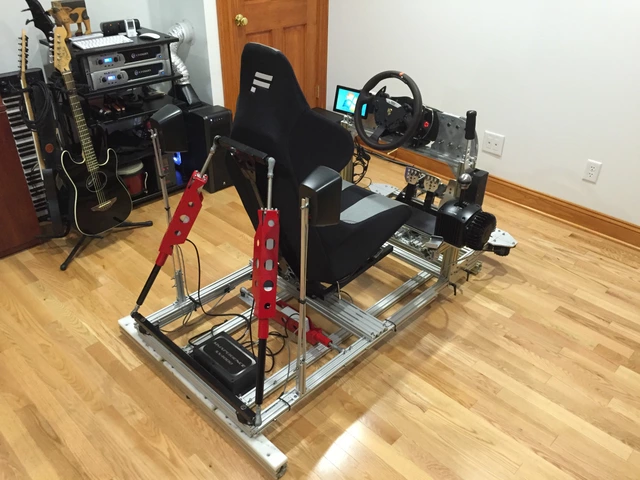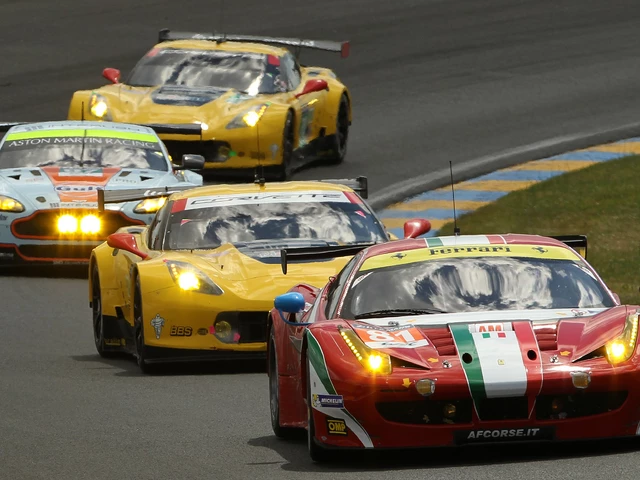What’s the purpose of Subaru Motorsport Hub?
We’re a bunch of gearheads who love Subaru’s racing pedigree. The main aim? Give you clear, useful info about everything from building a racing simulator to understanding the racing line. If you’re curious about how a gear shifter works in drag racing or wonder which university is best for automotive engineering, you’ll find a straightforward answer here.
Helping fans learn fast
Every article on this tag is written to answer a specific question. Want to know why car racing is called “Formula 1”? We break down the rule‑book origins in plain language. Looking for tips on starting a racing career without a big budget? We list practical steps – like joining a racing school, grabbing odd jobs at the track, and using social media to find sponsors.
Our purpose is not just to share news; it’s to give you tools you can use today. The “How to build your own racing simulator?” guide walks you through the essential gear – a gaming PC, wheel, pedals, and optional VR headset – so you can start a realistic setup without buying a full‑size rig.
Connecting the community
We also want to build a community where fans can discuss the purpose behind each race, each technology, each driver’s paycheck. Articles like “How much do race car drivers make?” show the financial side, while “What does racing line mean in Motorsports?” explains the technique that separates a good driver from a great one.
All posts are organized under the “purpose” tag so you can quickly jump to the topic you care about. Whether you’re after the cheapest BMW models, the best UK university for automotive engineering, or the story behind Penny Lancaster’s new autobiography, the tag groups them together for easy browsing.
In short, the purpose of this hub is to keep you informed, help you improve your skills, and give you a space to share your own racing stories. No jargon, no fluff – just the info you need to enjoy Subaru motorsport and the wider racing world.

What is the purpose of homologation rules in motorsport?
In a nutshell, homologation rules in motorsport act as a fairness guarantee. They stipulate that any car used in racing must be a production model that's available for purchase by the general public, ensuring that all competitors are on a level playing field. It's a way to prevent teams with bigger budgets from gaining an unfair advantage by creating bespoke racing machines. Moreover, these regulations also boost the car industry, as innovations for the race track often trickle down to the cars we drive every day. So, homologation rules are vitally important for both competitive integrity and automotive progress.
CONTINUE READING



